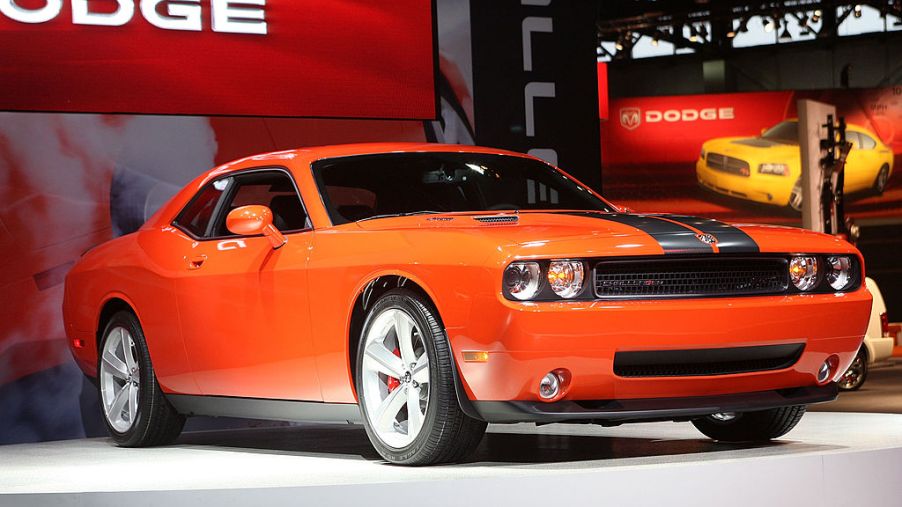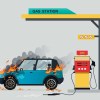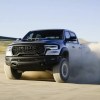
These Car Companies Have the Worst Brand Loyalty
A car company could have one of the most stylish and powerful cars on the market, but without brand loyalty, it may be doomed to failure. Having a steady base of satisfied customers is the key to any automaker’s success.
J.D. Power released a study ranking some of the most popular auto brands in terms of its repeat customers. While some models performed with flying colors, such as Toyota and Subaru, it was clear that some brands could use some improvement.
For an automaker to build up good car loyalty, its vehicles need to be aesthetically pleasing, dependable, and fuel-efficient. For many drivers, a car can be a huge monetary and emotional investment. Bad reliability and maintenance figures will make a potential buyer think twice about purchasing a vehicle. Not to mention it’ll make them less likely to recommend the brand to their friends and family.
Why do some brands have such bad car loyalty? We can look at the lowest-scoring brands and the problems to see why customers may have second thoughts about purchasing these models.
Dodge: 16.8%
Dodge is known for its powerful engines and impressive muscle cars like the Challenger. The company also has a good selection of other models, such as SUVs and sedans. It’s been around long enough to gain some die-hard fans who will always buy again, but its numerous repair issues may scare away new buyers.
Dodge’s dependability ratings have been well below average for years, with good reason. Even with regular maintenance, Dodge owners have reported broken sway bars, air conditioner problems, failing alternators, and even oil sludge blocking the engine. Even the Dodge Ram Pickup, a popular car for truck enthusiasts, is prone to a wobbling front-end and cracked dashboards.
A Dodge car may be a perfect fit for a thrill-seeker, but there’s little appeal for those looking for a reliable vehicle. Its V8 engines may pack a lot of horsepower, but this definitely makes Dodge cars less fuel-efficient than other cars.
Fiat: 16.5%
There’s no denying the appeal of this Italian vehicle’s unique exterior design. However, it’s evidently not enough to attract repeat customers in the U.S.
After poor sales forced it to withdraw from the market in 1990, the company made a comeback in 2011 with decent sales. However, the automaker only sold 15,000 vehicles in 2018, a sizable difference from 46,000 in 2014.
Fiat’s reliability scores have suffered over the last decade, with the Fiat 500 dropping from a five-star to a three-star rating in Euro NCAP crash tests. The brand is also known for its lagging engines and serious transmission issues that have warranted recalls of over 80,000 Fiat cars in the past.
There may still be some hope for the brand, given the success of the sleek 2019 124 Spider. Although even this car couldn’t escape the lag issues that have become the standard for Fiats.
Chrysler: 14.4%
The Chrysler Imperial may still be one of the most beloved vehicles ever made, but currently, this car brand just isn’t what it used to be. While Chrysler garnered some approval after the release of the Pacifica in 2017, it’s still regarded by car fans as one of the worst automakers.
Despite marketing itself as a luxury brand, the Chrysler 200 underwhelmed consumers with a very small infotainment screen and standard cloth seats.
Chrysler cars are also notorious for reliability issues, subpar build quality, and bad customer support. Another detriment is its limited vehicle selection, with only the Pacifica and the 300 currently available for purchase. If it wants to stick around for the next 10 years, Chrysler definitely has some work to do.



